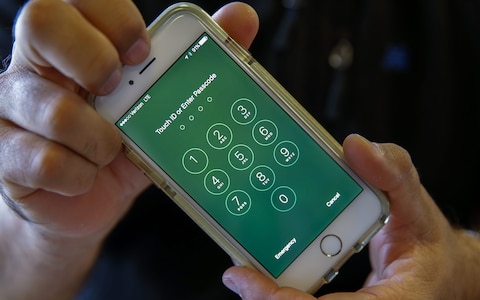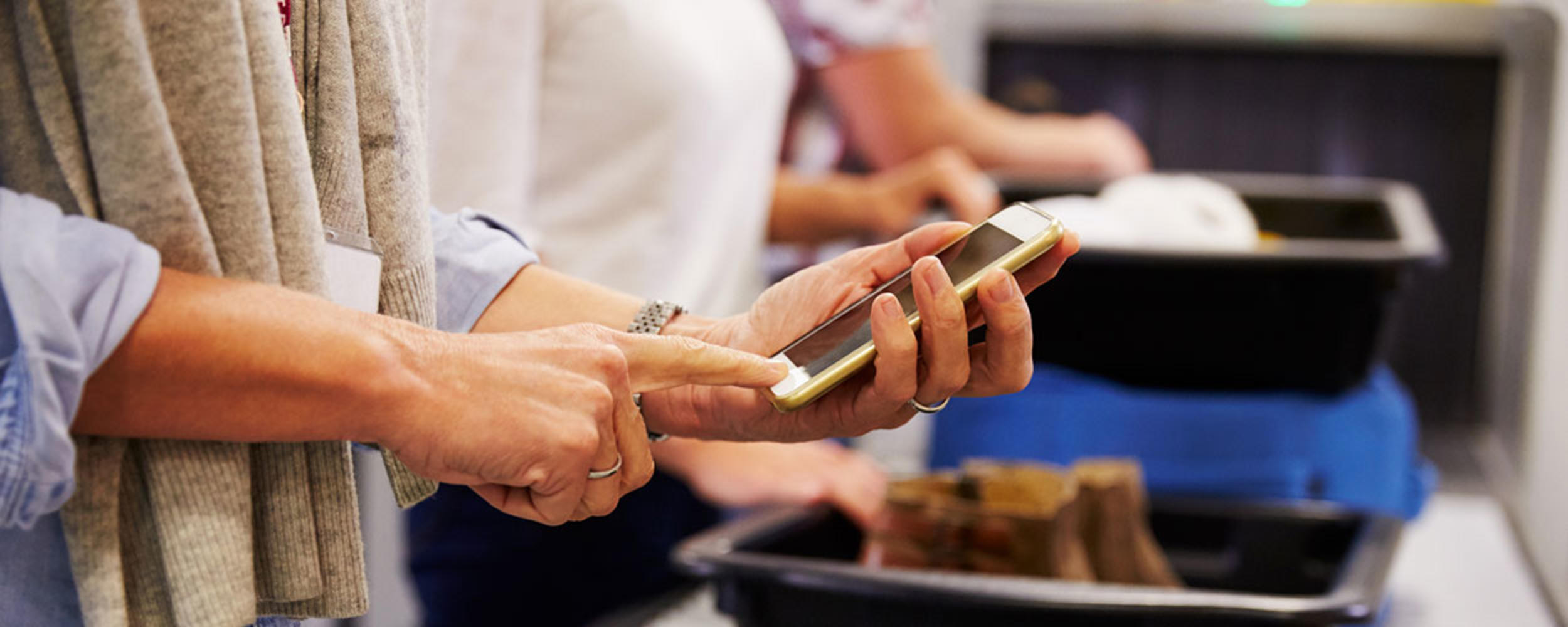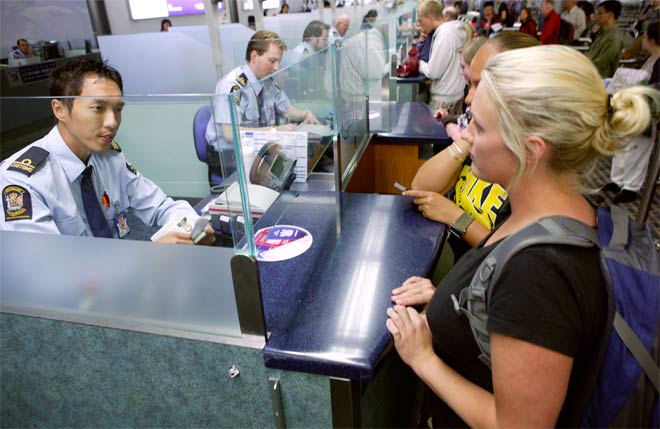NZ Travellers May Be Fined Up To RM13k If They Refuse To Reveal Phone Passwords At Customs
Authorities are even allowed to copy, review, and evaluate data from searched devices.
New Zealand has become the first country in the world to introduce a fine for travellers who refuse to disclose passwords for their digital devices during border searches
Under the new Customs and Excise Act 2018, which came into effect on 1 October, visitors who refuse to unlock any electronic device so it can be searched could face prosecution and a fine of up to NZD5,000 (RM13,421).
Authorities are allowed to copy, review, and evaluate data from devices and can also remove or hold them for a time "reasonably" necessary to conduct the search.
According to The Times, New Zealand officials, like in several other nations, could previously stop travellers at the border and demand to examine their devices for forensic examination they believed contained evidence of criminality.
However, travellers were not forced to hand over their passwords and personal information.
In an official statement, the New Zealand government said that the travelling public is "unlikely to notice much difference at the border"
The Customs Minister Kris Faafoi claimed that the measure will boost national security.
"A lot of the organised crime groups are becoming a lot more sophisticated in the ways that they are trying to get things across the border and if we do think that they are up to that kind of business, then getting intelligence from smartphones and computers can be useful for prosecution," he said, according to VOA news.
The New Zealand Council for Civil Liberties (CCL) has since called the move a "grave invasion of personal privacy of both the person who owns the device, and the people they have communicated with"
"Modern smartphones contain a large amount of highly sensitive private information including emails, letters, medical records, personal photos, and very personal photos," said Thomas Beagle, chairman of the New Zealand Council for Civil Liberties (CCL), The Independent reported.
The Act requires that Customs officials must have "reasonable cause" to conduct a search of devices. However, the CCL said in a statement that border staff "do not have to prove this before confiscating your device, nor is there a way to meaningfully protest or appeal at the time of confiscation."



